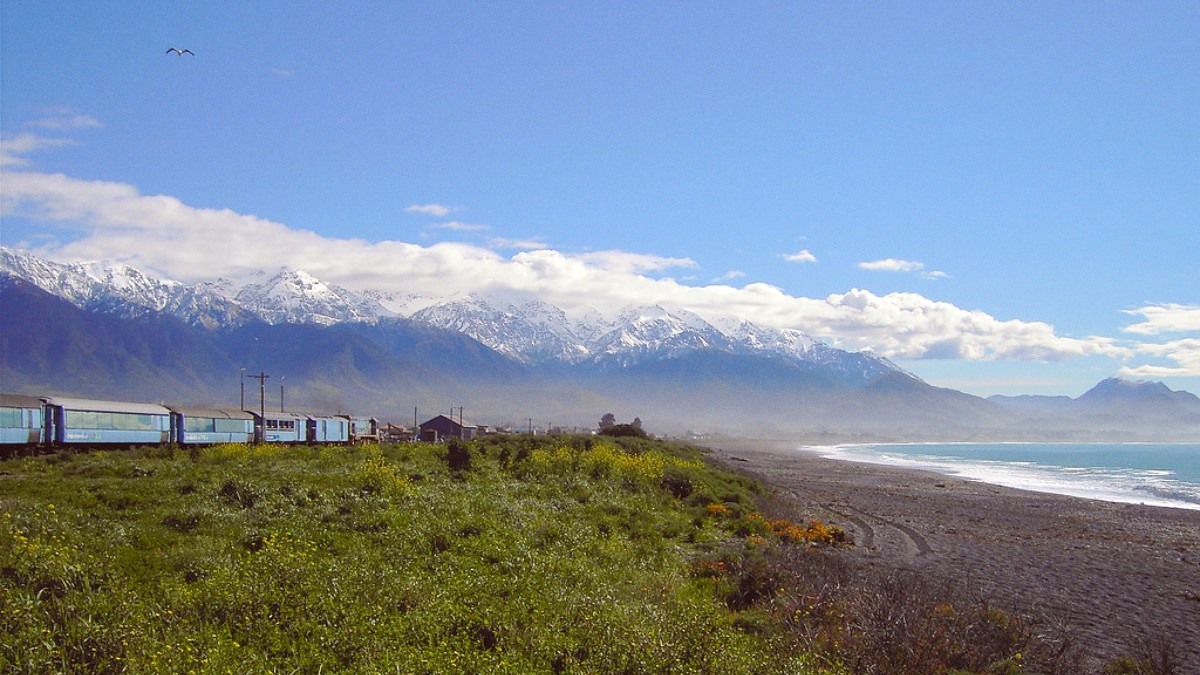
New Zealand
Dress in layers for changeable weather. Start with a moisture-wicking base layer.
Pack clothing relevant to your planned adventures.
Comfortable walking shoes or sneakers for general town exploration and short strolls.
Waterproof hiking boots or sturdy trail shoes for the Kaikoura Peninsula Walkway and other trails, which can be uneven or muddy.
Sandals or flip-flops are good for general wear around town. Water shoes are useful for kayaking.
Carry these items with you and keep copies separate from the originals.
Stay connected and capture your memories with the right gear.
Bring the right equipment to document your Kaikoura experience.
Utilize cloud storage services (Google Drive, Dropbox) for backing up photos and important documents.
Carry a portable hard drive for backing up photos and important documents for offline access.
A small padlock for hostel lockers provides peace of mind. An RFID Blocking Travel Wallet protects your cards.
Prepare a basic health kit for common travel ailments and specific Kaikoura conditions.
Stay protected from natural elements during your activities.
A small daypack for water and snacks. A reusable water bottle. Trekking poles are optional for longer or steeper trails.
A waterproof dry bag for electronics and valuables. Binoculars for enhanced wildlife viewing.
Bicycle rentals are available from several local businesses and accommodations. Cycling is a pleasant way to explore the peninsula.
Do not forget these small but helpful items that improve your travel experience.
Support sustainable tourism and reduce your environmental footprint.
Before you depart, ensure all your essential documents are organized.
Reconfirm flight or bus times and allow ample time for check-in.
New Zealand weather changes quickly, especially on the South Island. Layering your clothing works best for adapting to different conditions throughout the day.
Carry copies of important documents separately from originals. Consider cloud storage for digital backups.